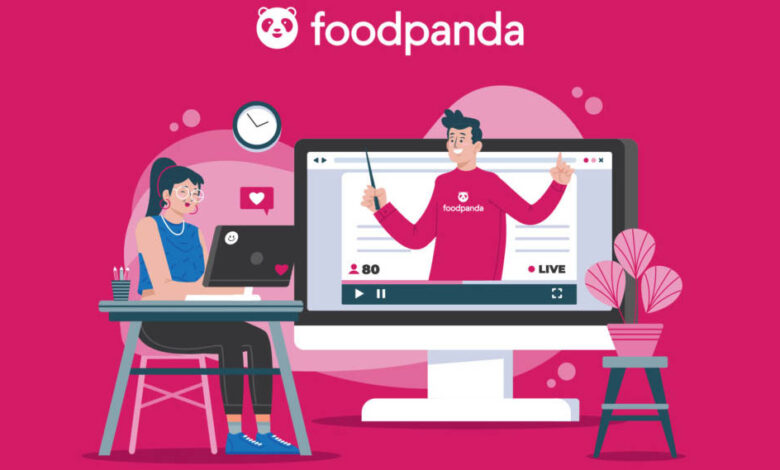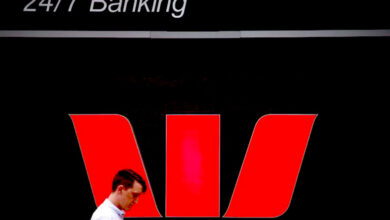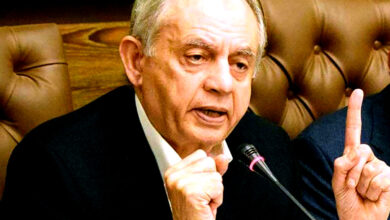Foodpanda is moving away from the model of “grow at all costs.”

KARACHI: Foodpanda Pakistan is moving away from its “grow at all costs” business model because venture capital (VC) funding for ecommerce startups is slowing down around the world.
In a recent interview with Dawn, Foodpanda Pakistan CEO Muntaqa Peracha said that the company is now actively looking for the “high-quality consumer” who isn’t “focused on arbitrage.”
“In the past, we didn’t tell the difference between low-ticket and high-ticket customers. We started to make this distinction last year. “Right now, we want growth that will last,” said Mr. Peracha.
Pakistan’s startup ecosystem has been in financial trouble lately, just like the rest of the world. In the past few weeks, big companies like Careem and Swvl have fired workers, cut back on services, and even stopped doing business because of the global recession.
The spending spree backed by venture capitalists to get new customers at any cost seems to have stopped right away. VCs used to be happy to give startups blank checks in order to get more customers. Now, they want to see early breakevens. Investors want to see positive bottom lines or at least a clear path to profitability. Revenue growth is no longer enough.
Mr. Peracha said that Delivery Hero, which is based in Berlin and is the parent company of Foodpanda Pakistan, knew a year ahead of time that the global startup ecosystem was about to change. “We saw this coming… so we did something.”
He said that because Foodpanda Pakistan is a branch of a publicly traded company, it has to respond to changes in the market much faster than VC-backed, cash-burning startups that don’t have to deal with public scrutiny. “We’re now looking for the value-based customer who wants ease of use, real products, and a payment system they can trust,” he said.
He said that the company recently added new verticals like Home Chefs, Pandamart, and grocery shops to help customers make “smarter choices,” which means buying more expensive things.
Even though the holding company’s revenue grew by almost 137% in 2021, it hasn’t made a profit yet. Delivery Hero’s financial statements don’t show how the company did in each country.
The CEO says that the Pakistani branch is also in the “customer acquisition” phase. He said, “We’re going to break even next year.”
“Out of the 11 Asian countries where Foodpanda works, we’re in the top three or four markets,” he said, without giving exact numbers.
Gross merchandise value (GMV), a widely used ecommerce indicator that measures the value of products processed for sale by an app or website, is “north of Rs40 billion” a year for the company. This makes the company the most important player in the food delivery business in the country.
He said, “From an e-commerce point of view, we probably have the highest GMV in Pakistan.”
In response to a question about what would happen if fuel prices went up a lot, which would cause inflation to go up in the near future, the CEO of Foodpanda Pakistan said that the average number of orders has gone down “slightly” recently.
“From the consumer’s point of view, there isn’t much of an effect on demand. “Instead of ordering food from different restaurants separately, more people are now putting together their orders to save on delivery fees,” he said.
It means that in the last few weeks, the company has been delivering fewer orders, but each one has been worth more. “GMV went up in April compared to March, and it went up in May compared to April,” he said.
Does Foodpanda Pakistan have a problem with having a bad name? It seems to get a lot of criticism on social media for how it treats the more than 20,000 riders who make deliveries all over Pakistan every day.
“Good news doesn’t make the news. But bad things get around “like wildfire,” he said. He says that a typical Foodpanda Pakistan rider who works eight hours a day for six weeks can easily make between Rs38,000 and Rs40,000 a month. “One of our principles is that our riders should be able to make fair living wages, not just minimum wages,” he said, adding that their pay has already gone up in line with the recent rise in fuel prices.
“If we didn’t take care of our riders, they wouldn’t stay with us for years,” he said.





